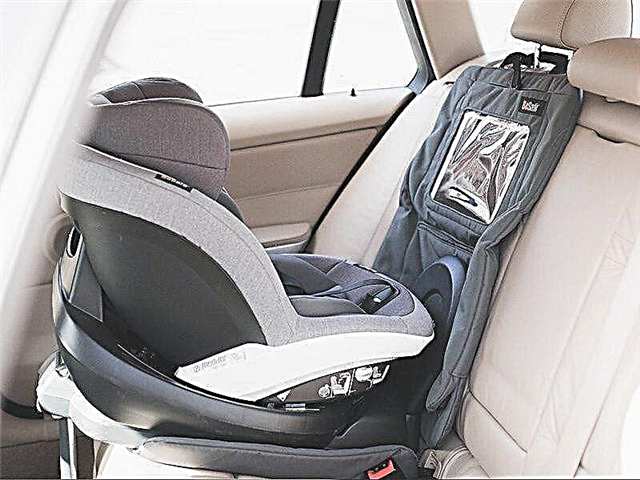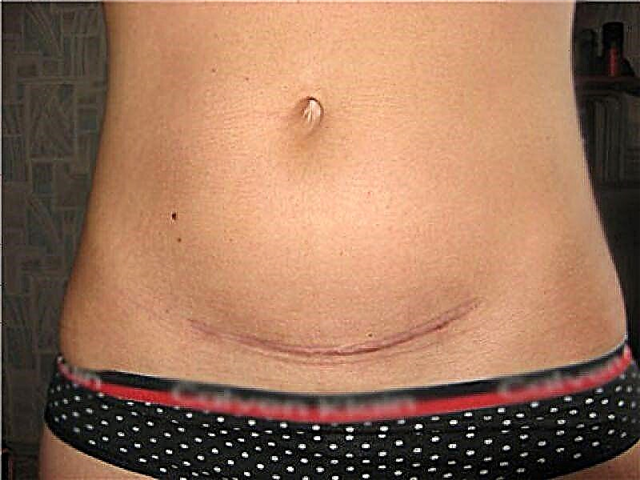
Vomiting can occur in a wide variety of health conditions. Moreover, most often it appears after the child has eaten. This is very frightening for parents, especially if the child is very young. Why can vomiting suddenly start after eating and what should parents do if this symptom appears?
How does it manifest?
Vomiting is a reflexive process in which everything in the baby's stomach is thrown out of it through the mouth and sometimes through the nose. Before an attack of vomiting, the child usually does not feel well - he turns pale, feels nausea and vomiting, his limbs feel cool to the touch.

Symptoms and possible causes, what to do?
Vomiting that occurs after eating can act as both a non-dangerous symptom and one of the manifestations of serious pathologies. This type of vomiting can occur in both the smallest children and older children. At the same time, in infants of the first year, it is important to distinguish vomiting from regurgitation, which is quite common in infancy. Vomiting will be characterized by a deterioration in the baby's general condition and the appearance of other signs of the disease. Let's consider the causes of this symptom in more detail:
When should you see a doctor?
If a child suddenly begins to vomit after eating, the behavior and condition of the baby should be monitored. In cases when, after vomiting, the baby's temperature rises, loose stools appear, the baby becomes lethargic or other symptoms of malaise appear, consult a doctor.
Before being examined by a doctor, you can only start giving small portions of liquid (for children over a year old, Rehydron is the best choice).

You should especially rush to call a doctor in such situations:
- Vomiting does not stop, but is repeated many times.
- The child began to dehydrate.
- The baby has impaired consciousness.
- Diarrhea joined vomiting after eating.
- The child has a fever.
- Before the onset of vomiting, the child drank the medicine.
- The kid is very excited.
- Before vomiting, the child ate canned foods or mushrooms.
- The child has a bad stomach ache.
- The baby did not have a chair for more than 12 hours.
- You notice blood in the stool.
Treatment
Before the doctor arrives, give your child only saline solutions and other drinks to keep them hydrated. For more information on what you can give children against vomiting, read another article. Examination and examination will confirm the cause of vomiting, depending on which treatment will be prescribed. Sometimes it is necessary to treat a child in a hospital setting, especially if he has a severe intestinal infection or surgical pathology.

Tips for parents
- Advice to parents If vomiting occurs after eating, the child should not be given food for some time. An exception would be babies who can continue to be fed with either breast milk or formula.
- If the baby's condition has not worsened and vomiting has not recurred, after a few hours you can offer the child something liquid and non-greasy, such as mashed potatoes or porridge. It is advisable to contact the pediatrician the next day to examine the baby and schedule an examination to make sure there are no serious health problems.
- If vomiting occurs again after a while, call a doctor. Depending on the cause of the discomfort, you and your child may be admitted to a hospital.
- It is important that you remain calm, even though vomiting in a young child is always intimidating. Remember that babies are sensitive to the mood of mom and dad, and if you start to panic, this state will be passed on to the baby.



